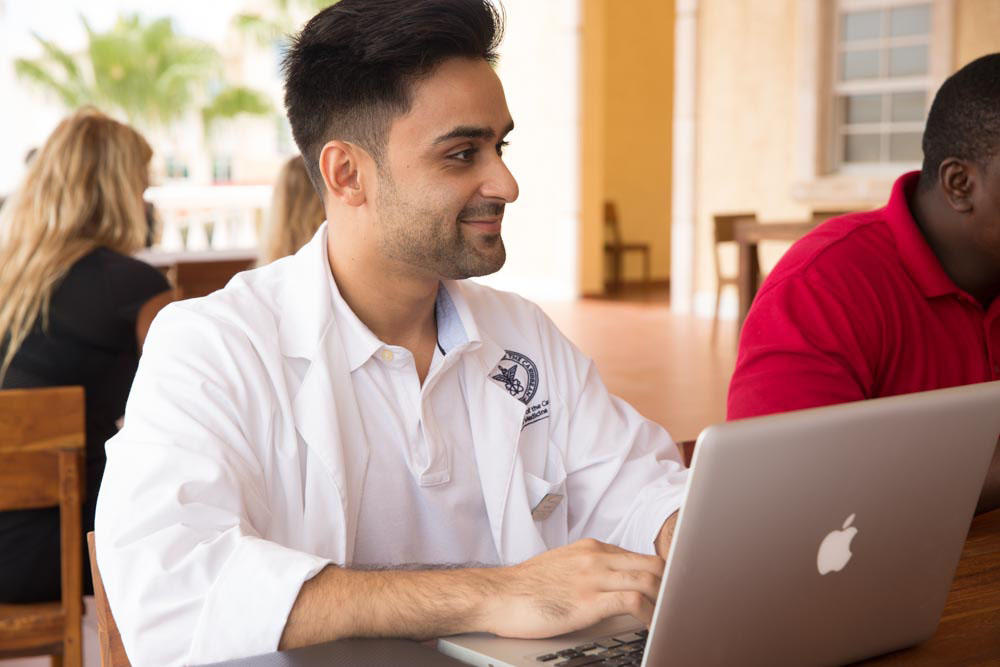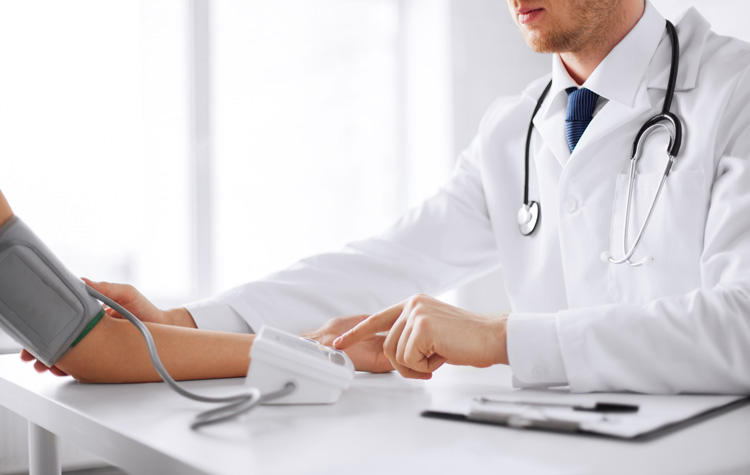Clinical Rotation Tips
Nikole Czapp, a fourth-year medical student at American University of the Caribbean School of Medicine (AUC) and a Clinical Student Government Association (CSGA) representative for the state of Florida, calls on her various clinical rotations tips on nailing this part of medical school.
1. Assimilate yourself into the team from day one.
Healthcare would not function without teamwork. Everyone from the custodial staff to the chief of each department is an integral part of the team. Often times, medical students struggle to find their role in rotations, especially when each rotation has a different system with different responsibilities. Determine what is expected of you and then plan to meet those expectations and then some.
Show up early, stay late. Help the medical assistant get a room ready for a patient. Offer to run specimens down to the lab during downtime in an ER shift. Transport the patient yourself to x-ray if you’re free instead of waiting for transport to arrive. Get to know your patients!
Usually medical students have less responsibility than other members of the team involved in patient care so take this opportunity to really get to know them and their healthcare goals—after all, they are a part of the team too.
At this point in your training, it is important to realize no job is below you and you can learn from EVERY person you encounter. Menial tasks are not always the most exciting part of rotation but if you can help out with something that will make it easier for everyone on the team, step up and do it with a smile. The willingness to work outside of your direct responsibilities will highlight your dependability and professionalism which are both characteristics that will make you shine on the rotation.
2. Exude confidence and excitement for your knowledge, but at the same time don’t be afraid to ask for help or admit your mistakes.
If you forgot to check on something that comes up during rounds, say that you don’t have that information, but will obtain it. If you’re asked a question or are “pimped” on a topic you don’t know, it’s absolutely ok to say you don’t know but that you will find out. No one is expected to know everything and admitting your weaknesses actually comes off as a strength.
Don’t say you know how to do a procedure or a certain suture technique if you really don’t. It looks much better to say “I’ve never done that before but if you can guide me, I’ll do it”. This displays maturity while still showing your eagerness to learn. A lot of learning will come from your experiences during rotations.
Use Up to Date often as you come across different pathological processes in your patients. Combining real-life experiences with your studying will help solidify your knowledge. At the same time, it is important to do adequate studying outside of your clinical work and managing this balance will vary with the demands of each rotation.
3. Make the most out of YOUR rotations.
To put it bluntly, we are paying for these rotations, so make it your goal to get the most out of them!
Often times things get busy and a resident or an attending might not come right out and offer to teach you something and may just do it themselves instead. If the resident is about to remove a chest tube, speak up. Let them know that you’ve never removed one before and ask if they mind showing you how to do it.
Ask to help close during surgery if you’re scrubbed in. During ER rotations, become best friends with the techs and nurses. When you have time between patients, take blood, start IVs, place catheters, run EKGs. Expose yourself to as much as possible.
One of my preceptors complimented my ability to be aggressive without being a sledgehammer. Be assertive, but respectful and take advantage of each unique learning opportunity in front of you while it is there. I’ve rotated with students who don’t like to step up and try new things unless they are forced to because they are scared of messing up. This is your time to not be 100% perfect at things and it is expected that you will need help and guidance. It is better to get some of these fears out of the way now, before residency when more responsibility is placed on you. Not only that, but your residents and attendings will notice your enthusiasm which will surely reflect in your evaluations.
Exposing yourself to as much medicine as possible now will help you gain the confidence you need for residency and as a practicing physician.
Good luck and enjoy your clinical rotations!




